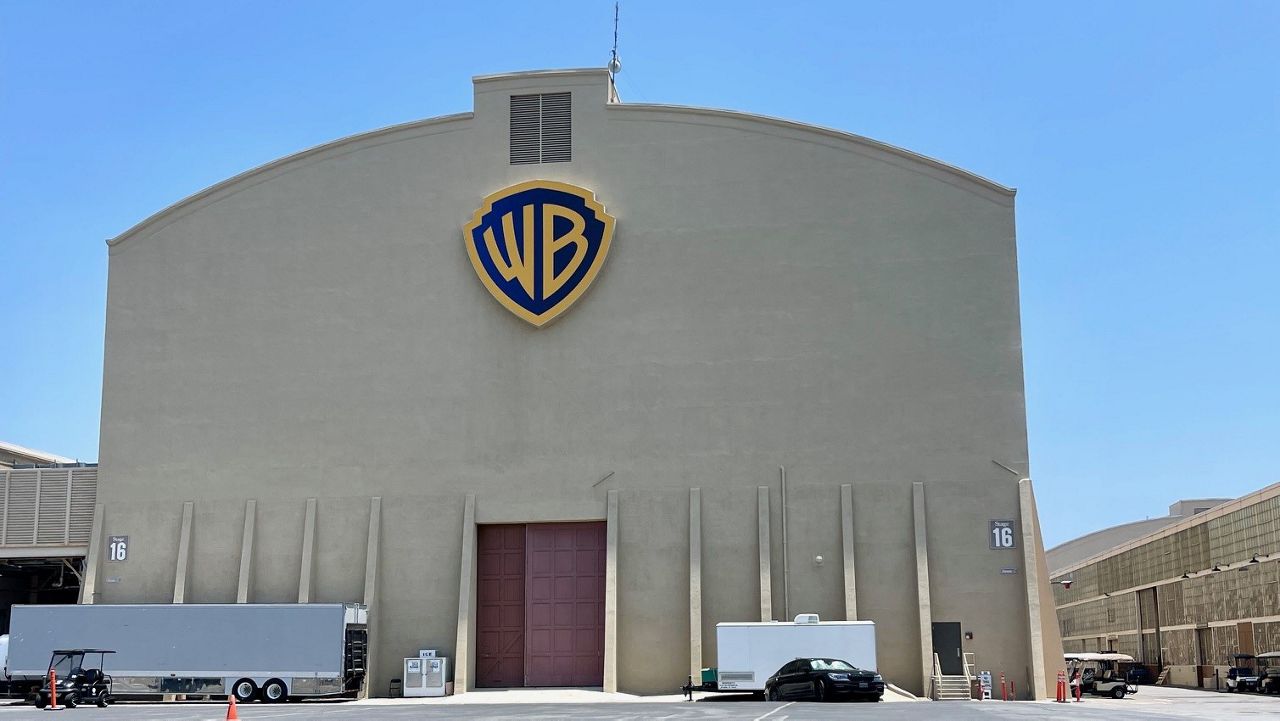LOS ANGELES — The estate of Michael Crichton, who wrote the screenplay for what became the pilot episode of “ER,” has sued Warner Bros. Television over a dispute about an upcoming medical drama it says is a rebranded version of an unauthorized reboot.
After Crichton’s estate, led by his widow, Sherri, could not reach an agreement with the television studio to produce a reboot of the famed medial procedural, the lawsuit alleges Warner Bros. proceeded to develop and produce a series based on the same premise without consent.
What You Need To Know
- The upcoming series, titled “The Pitt,” will be a medical drama set in Pittsburgh, as opposed to “ER’s” Chicago setting, and will feature Noah Wyle in a starring role
- Wyle is best known for playing John Carter on “ER” in over 250 episodes
- “The lawsuit filed by the Crichton Estate is baseless, as ‘The Pitt’ is a new and original show. Any suggestion otherwise is false, and Warner Bros. Television intends to vigorously defend against these meritless claims," the studio said in a statement
- The estate, which filed the lawsuit Tuesday in Los Angeles Superior Court, is asking the judge to issue an injunction that would force the studio to stop production on the new series, and they are also seeking punitive and compensatory damages
The upcoming series, titled “The Pitt,” will be a medical drama set in Pittsburgh, as opposed to “ER’s” Chicago setting, and will feature Noah Wyle in a starring role. Wyle is best known for playing John Carter on “ER” in over 250 episodes.
“The Pitt” is also set to include several “ER” alums behind-the-scenes, including John Wells as the executive producer and R. Scott Gemmill as the showrunner. Wyle, Wells and Gemmill are each named defendants in the suit.
“The lawsuit filed by the Crichton Estate is baseless, as ‘The Pitt’ is a new and original show. Any suggestion otherwise is false, and Warner Bros. Television intends to vigorously defend against these meritless claims," the studio said in a statement.
Because of Crichton’s success with projects including “Jurassic Park” and “Westworld” before “ER” was developed, he secured a coveted “frozen rights” provision in his contract for the series. The provision prohibits Warner Bros. from proceeding with any sequels, remakes, spinoffs or other productions derived from “ER” without Crichton’s consent, or his estate’s consent after his death from cancer in 2008.
“If Warner Bros. can do this to Michael Crichton, one of the industry’s most successful and prolific creators who made the studio billions over the course of their partnership, no creator is safe,” a spokesperson for Sherri Crichton said in a statement to The Associated Press. “While litigation is never the preferred course of action, contracts must be enforced, and Michael Crichton’s legacy must be protected.”
The estate, which filed the lawsuit Tuesday in Los Angeles Superior Court, is asking the judge to issue an injunction that would force the studio to stop production on the new series, and they are also seeking punitive and compensatory damages.
Warner Bros. began developing a reboot of “ER” for HBO’s streaming service, Max, in 2020 without Sherri’s knowledge, according to the lawsuit.
In 2022, when Sherri Crichton was informed of the developing project, she and the estate engaged in negotiations with the studio, through which she says she was promised that Crichton would get a “created by” credit, backed by a $5 million guarantee for the estate in the event the credit was not given. Ultimately, the term was revoked and negotiations stopped, which the lawsuit states should have ceased all development of the series.
Development continued on, and “The Pitt” was announced in March. A release date has yet to be announced.
“The Pitt is ER. It’s not like ER, it’s not kind of ER, it’s not sort of ER. It is ER complete with the same executive producer, writer, star, production companies, studio, and network as the planned ER reboot,” lawyers representing Crichton’s estate wrote in the lawsuit.
The lawsuit also alleges that Warner Bros. had previously tried to “erase” Crichton from derivatives for his work by downgrading his credit in the 2016 series based off his movie, “Westworld,” from “created by” to “based on,” which they say started “a disturbing pattern.”



